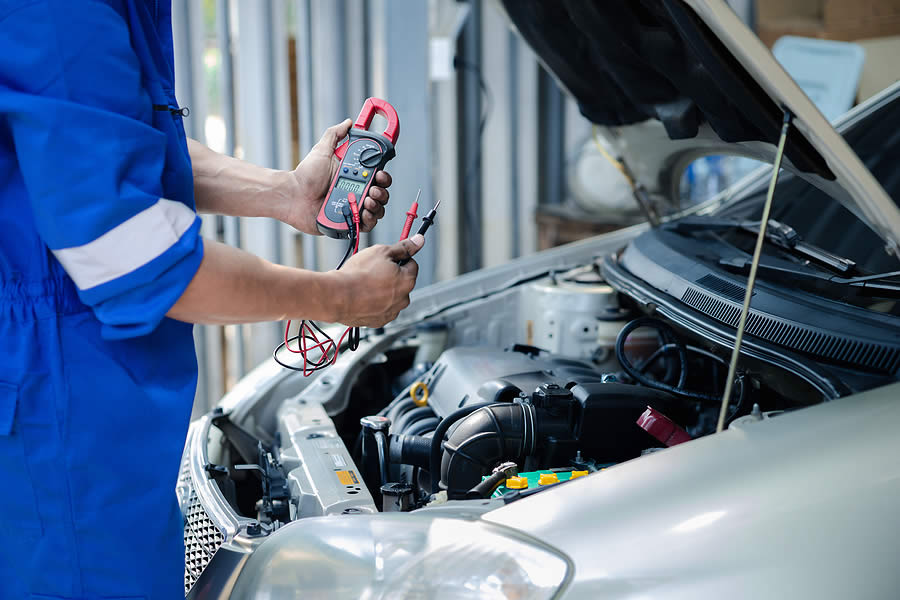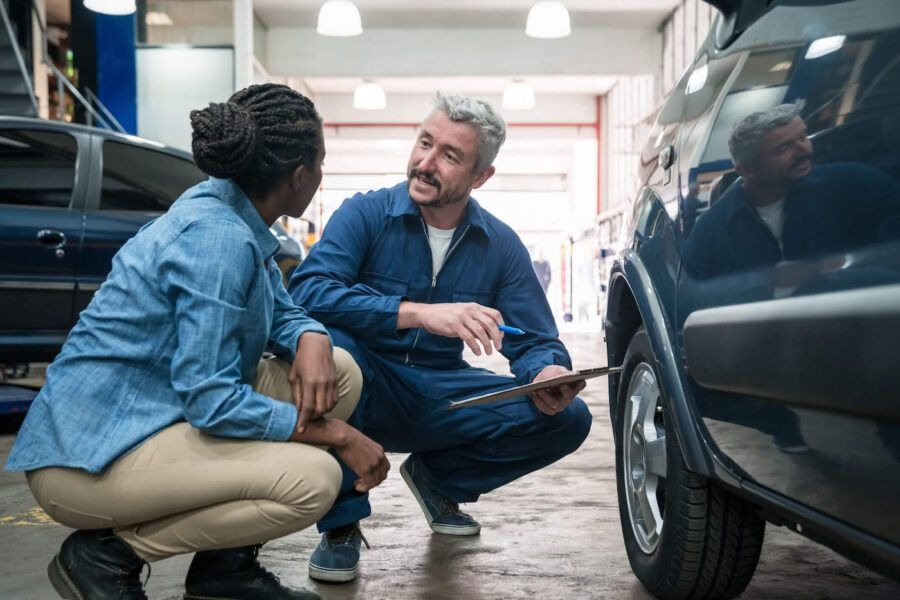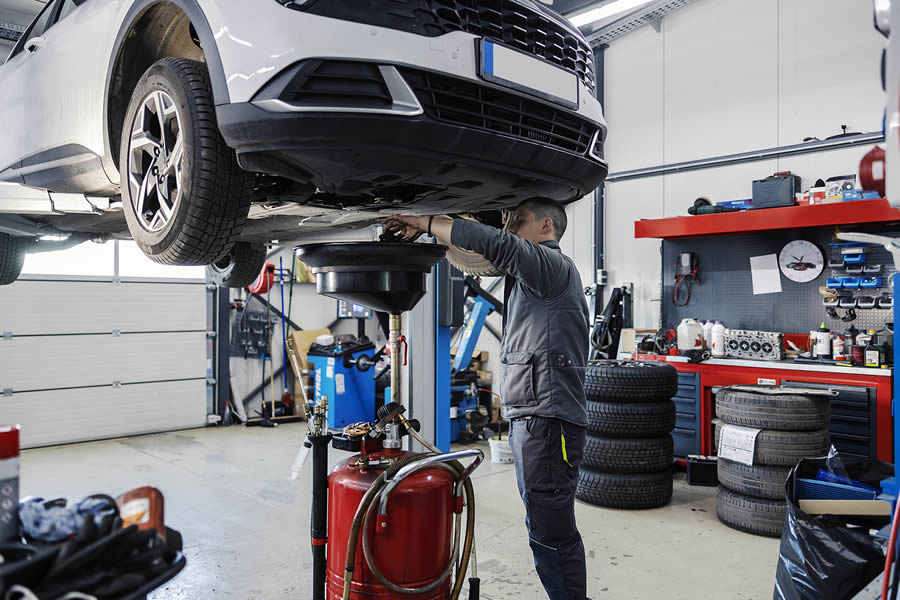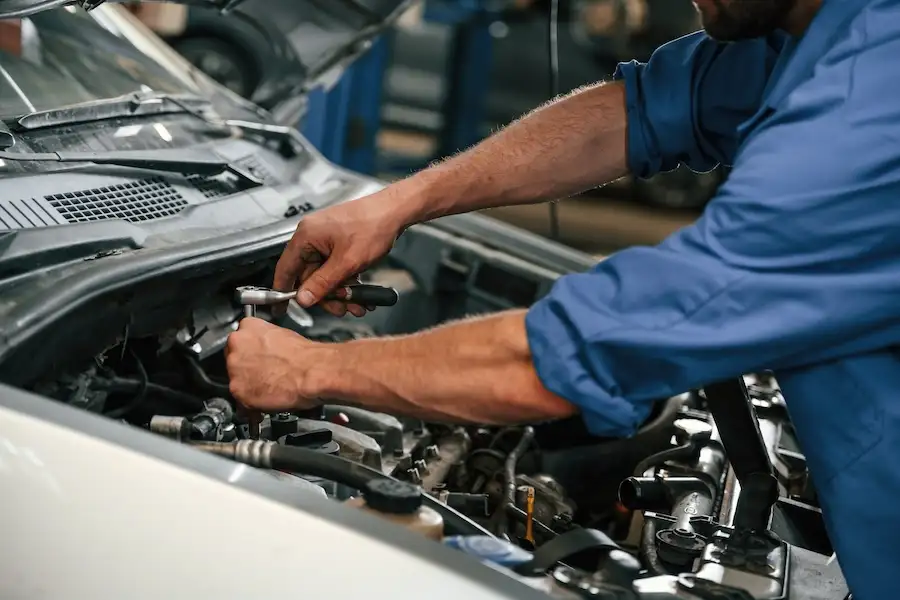
DIY vs. Professional Auto Repairs: When to Call the Experts
In today’s world of endless YouTube tutorials and how-to guides, many car owners are tempted to tackle auto repairs themselves. While DIY auto repairs can save money and give a sense of accomplishment, they may not always be the best choice. Some car issues require professional expertise, tools, and diagnostic equipment that go beyond the capabilities of a weekend mechanic. Knowing when to attempt a repair on your own and when to call in the experts is essential for ensuring your vehicle remains in peak condition.
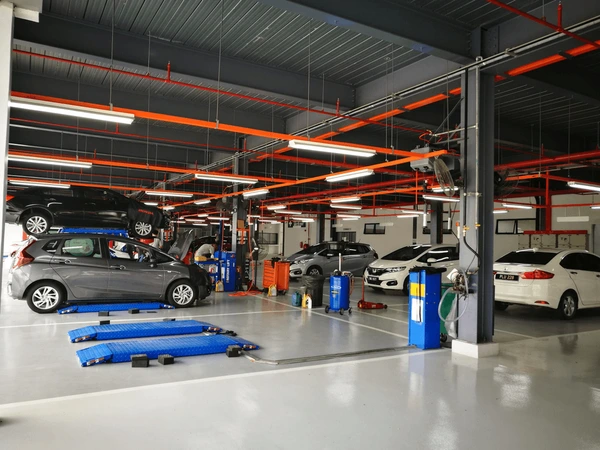
The Rise of DIY Auto Repairs
With the availability of online tutorials and repair guides, DIY auto repairs have become more popular than ever. From simple oil changes to replacing brake pads, many car owners feel empowered to handle basic tasks themselves. The primary motivations for DIY repairs are often cost savings and the satisfaction of fixing the issue with one’s own hands.
Benefits of DIY Auto Repairs
- Cost Savings
One of the biggest reasons people choose to tackle repairs themselves is to save money. Labor costs at auto shops can add up quickly, especially for routine maintenance tasks like oil changes or tire rotations. By doing the work yourself, you can cut out these costs.
- Convenience
With DIY repairs, you can work on your car at your own pace, in your own space, without needing to schedule an appointment at a repair shop. This flexibility appeals to many car owners.
- Skill Building
Learning how to repair and maintain your vehicle helps build practical skills and a deeper understanding of how your car operates. This knowledge can be empowering and can help you better communicate with professional mechanics when necessary.
When DIY Repairs Make Sense
Not all car repairs are complex, and many routine maintenance tasks can be done by anyone with basic tools and some mechanical know-how. Here are a few examples of DIY-friendly tasks:
- Oil Changes
Changing your car’s oil is one of the most common and simple DIY tasks. All you need is the correct type of oil, a filter, and a few tools. Regular oil changes help keep your engine running smoothly, and doing it yourself can save time and money.
- Replacing Air Filters
Swapping out an old air filter for a new one is quick and straightforward. Most filters are easy to access under the hood, and the task requires no special tools.
- Battery Replacement
If your car’s battery dies, replacing it is a relatively easy DIY task. You just need to disconnect the old battery, clean the terminals, and install the new one.
- Changing Brake Pads
While a bit more involved than the tasks mentioned above, replacing brake pads is still a manageable DIY project for those with a moderate level of mechanical skill. Having the right tools and a reliable guide can make this job much easier.
The Limits of DIY: When to Call the Experts
While DIY repairs are great for basic maintenance, there are times when professional help is necessary. Complex repairs often require specialized tools, diagnostic equipment, and experience that most DIY enthusiasts don’t possess. Here’s when it’s best to rely on professional mechanics:
- Engine Problems
The engine is the heart of your car, and diagnosing or repairing engine problems requires specialized knowledge. Issues such as knocking sounds, misfiring, or power loss should be handled by a professional mechanic who can properly diagnose and fix the problem.
- Transmission Repairs
Transmission issues are notoriously difficult and expensive to repair. This is one area where DIY repairs can easily go wrong, leading to more damage. Transmission problems, such as slipping gears or difficulty shifting, should always be handled by a certified mechanic.
- Electrical System Issues
Modern cars have complex electrical systems that require specific diagnostic tools. From malfunctioning sensors to dead infotainment systems, electrical problems can quickly become overwhelming for a DIY mechanic. A professional technician has the tools and expertise to diagnose and repair these issues accurately.
- Suspension and Steering Problems
The suspension and steering systems are critical to your car’s safety and performance. Problems with these systems often require precise alignment and calibration, which are best left to professionals with the proper equipment.
The Case for Professional Auto Repairs
While DIY repairs can save money and provide a rewarding experience, there are clear advantages to professional auto repairs. Mechanics have access to advanced diagnostic tools, specialized training, and years of experience that ensure complex problems are resolved efficiently and correctly.
Benefits of Professional Auto Repairs
- Expertise and Experience
Professional mechanics have years of training and experience working on a wide range of vehicles. They can quickly diagnose issues that might baffle a DIY enthusiast, ensuring the correct repair is done the first time.
- Access to Specialized Tools
Some auto repairs require tools and equipment that aren’t available to the average car owner. Mechanics have access to lifts, diagnostic scanners, and specialized tools that allow them to work on every part of the vehicle safely and effectively.
- Warranties and Guarantees
Many professional repairs come with warranties that guarantee the work for a certain period. This means if something goes wrong, you’re covered, providing peace of mind.
- Time and Convenience
Taking your car to a professional saves time, especially for more complex repairs. What might take a weekend for a DIY enthusiast can often be done in a few hours by a professional mechanic.
Conclusion: Balancing DIY and Professional Auto Repairs
While DIY auto repairs can be a great way to save money and learn more about your vehicle, there are clear limitations to what you can safely and effectively tackle on your own. Simple tasks like oil changes and air filter replacements are perfect for DIY, but more complex issues, such as engine or electrical problems, should be left to the professionals. Knowing your limits and when to seek expert help is key to keeping your car running smoothly and safely.

